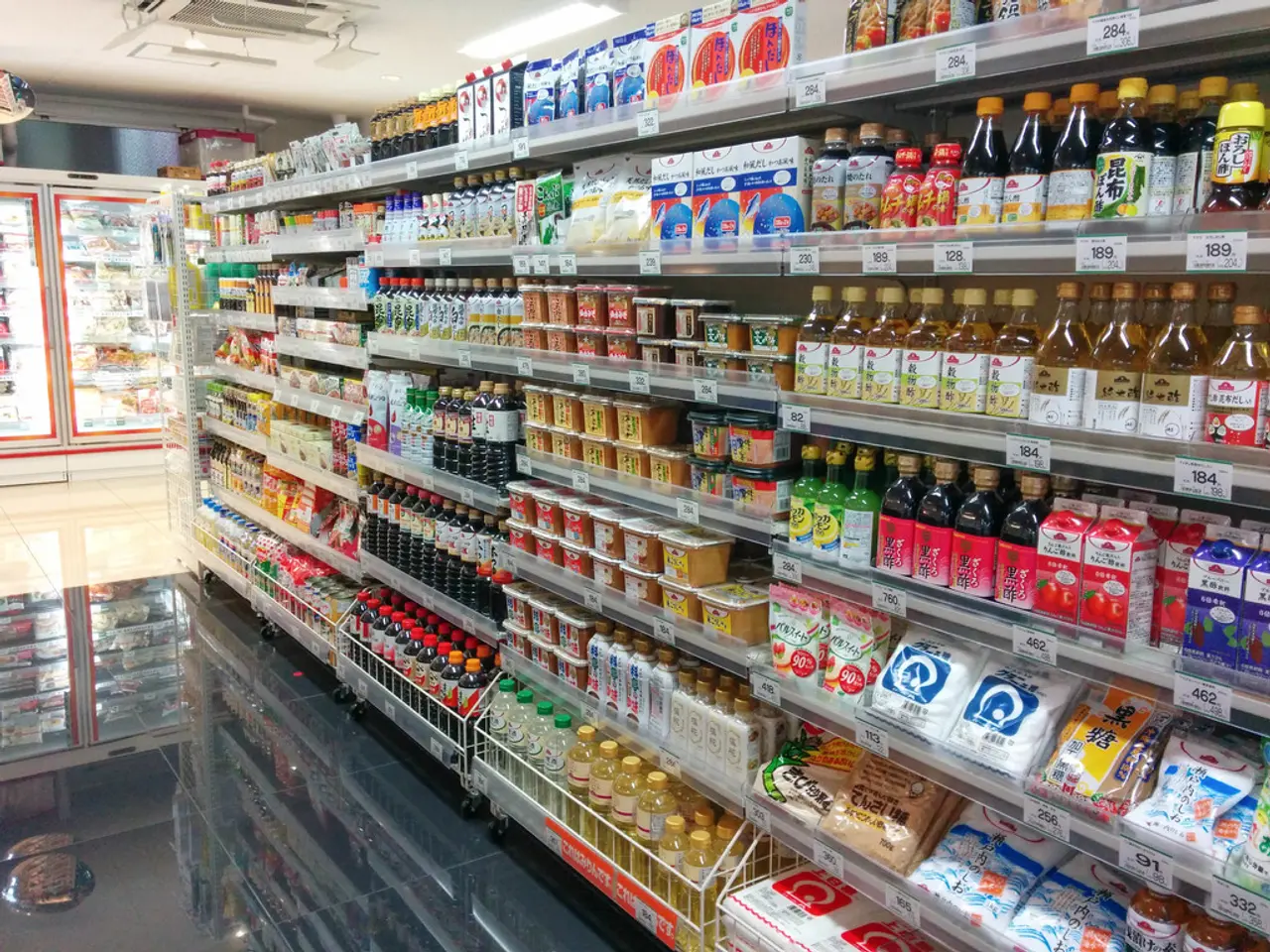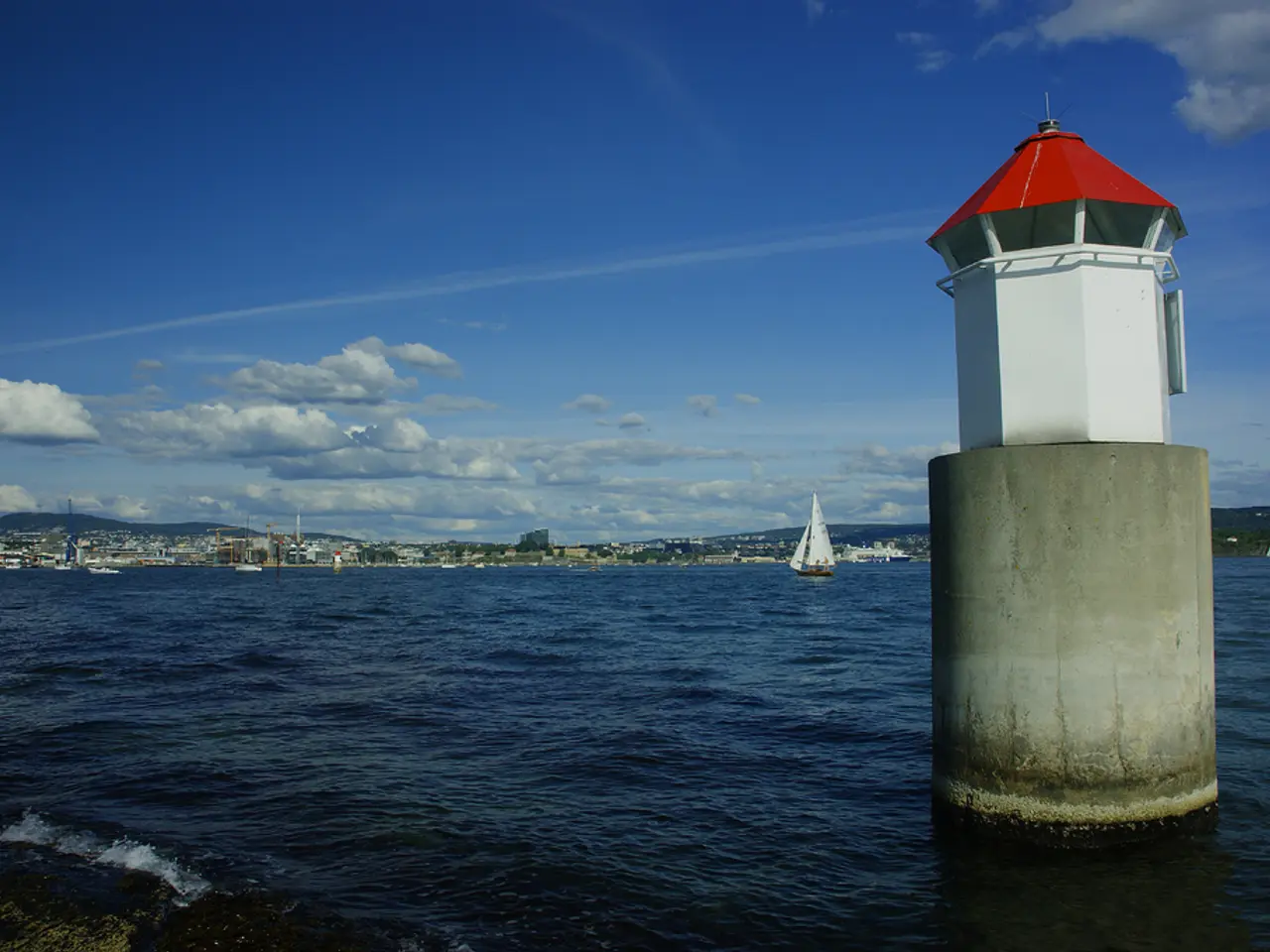"Target preserves the economy, yet we need changes"
Amidst the looming recession, the heated debate about the Bank of Russia's stern monetary policy intensifies. While the board meeting on June 6th promises at least a 1% reduction in the benchmark rate, soaring inflation expectations and the regulator's reliance on market expectations pose a challenge.
We reached out to Oleg Sukarev, a renowned expert in institutional economics, macroeconomic policy, and economic growth theory, to shed light on the circumstances surrounding the monetary policy and possible alternatives to curb the recession. With significant contributions to the creation of the new field "technology economy," Oleg Sukarev represents the academic school of Sergey Glaziev.
The Current State and Its Implications
With a contraction in the first quarter and projections of a downturn in the second, back-to-back quarters of decline are reminiscent of the classical definition of a recession. How accurate is this picture, as per your assessment, and will we see a drop in GDP by year-end?
Full-access digital subscriptions grant access to material in the entire archive, not just the current issues. A one-month free trial offers limited access to the current month's materials for zero cost.
All materials in this issue are available for 150₽.
Other Subscription Options I am a subscriber
Despite Russia's economy being marred by war-induced challenges, sanctions, and underlying structural issues, the Central Bank has employed a tight monetary policy with record-high interest rates hovering around 21%, slightly reduced to 20% in June 2025. This approach has succeeded in suppressing inflation but may also be contributing to increasingly contracting economic activity, with declining corporate lending, slowing industrial output, and stagnant imports as evidence. The Central Bank's optimistic projection for 2025 growth remains within a modest range of 1-2%.
To evade a recession, alternative strategies such as a controlled deceleration, or a "soft landing," instead of aggressive expansion targets, have been considered. The constraints set by heavy military expenditure and sanctions put limitations on policies pursued by the government and economists alike, while temporary reliefs from high oil prices due to regional unrest offer a short-term cushion but fail to tackle the lack of foreign investment or economic diversification. Long-term strategies revolving around economic diversification beyond volatile commodity-based dependencies and improving the investment climate may face significant geopolitical and structural obstacles, however.
Oleg Sukarev's Insights
Regrettably, the available data does not provide Oleg Sukarev's specific views on the current state of the Russian economy, monetary policy, or possible strategies to avert a recession. Without his verified commentary or analysis on the topic at hand, we cannot include his perspectives in this piece.
In the context of the ongoing debate about the Bank of Russia's monetary policy amidst a looming recession, it is pertinent to consider alternatives to curb the economic downturn, such as a controlled deceleration, or a "soft landing." To shed light on possible strategies, Oleg Sukarev, a renowned expert in finance and business, would offer valuable insights, given his expertise in institutional economics, macroeconomic policy, and economic growth theory.




